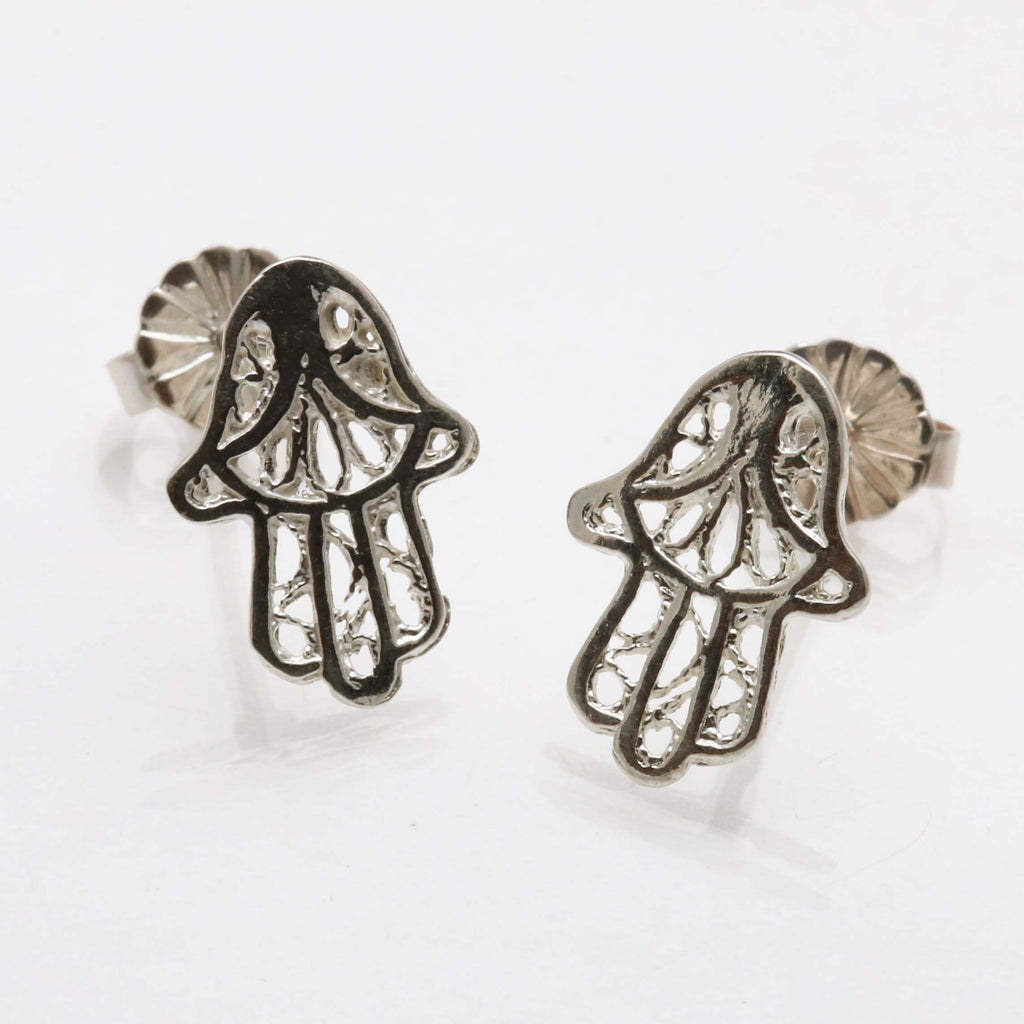The Jewelry Judaica Blog

Best Hanukkah Jewelry Gifts 2024 | Meaningful Judaica Symbols
Meaningful Jewish Jewelry Symbols and the Best Hanukkah Gift Ideas for 2025
Hanukkah is a time of light, joy, and tradition, and it is also one of the most meaningful times of year to give a gift that reflects Jewish heritage. Jewish jewelry has been cherished for centuries not only for its beauty but also for the symbolism behind each piece.
If you are searching for Hanukkah gift ideas that are thoughtful, spiritual, and timeless, this guide highlights both the meaning behind classic Jewish symbols and the best Judaica jewelry gifts to give this Hanukkah.
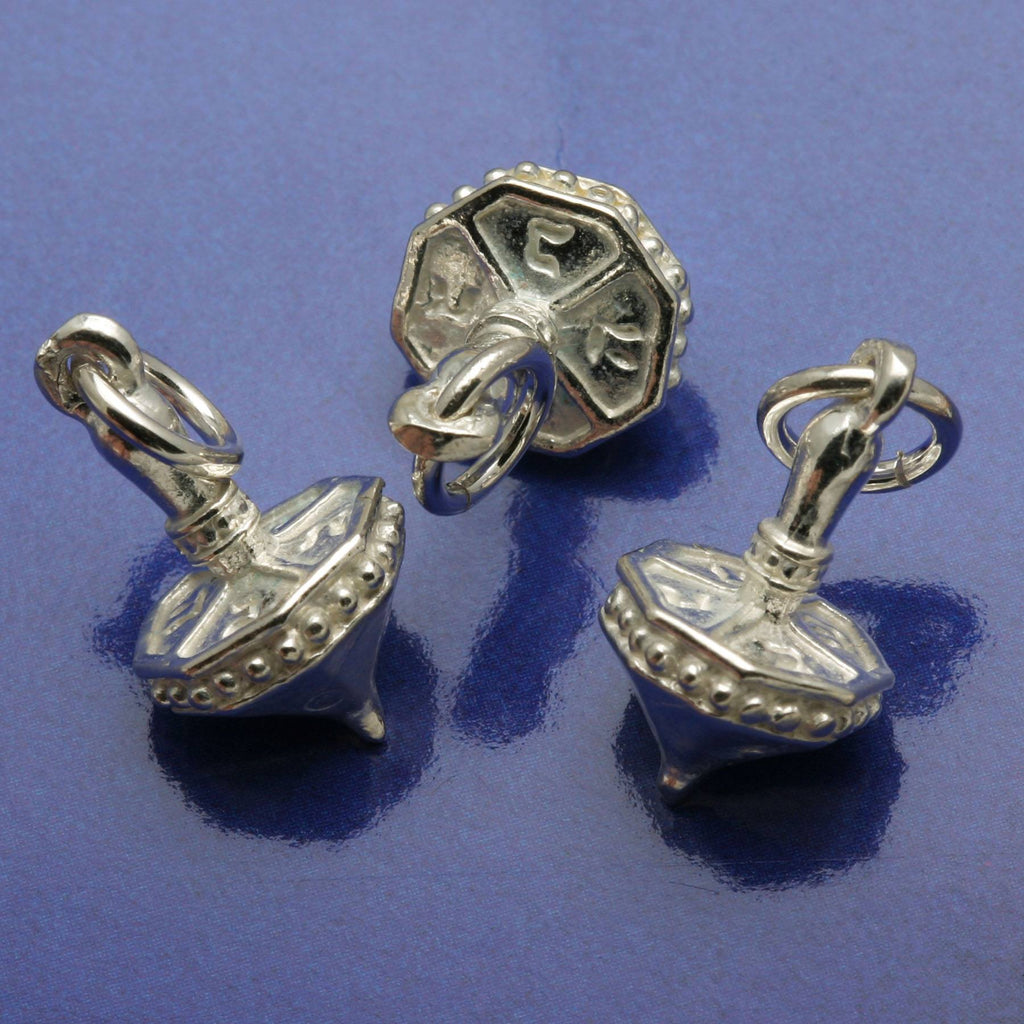
How to Make Hanukkah More Meaningful This Year
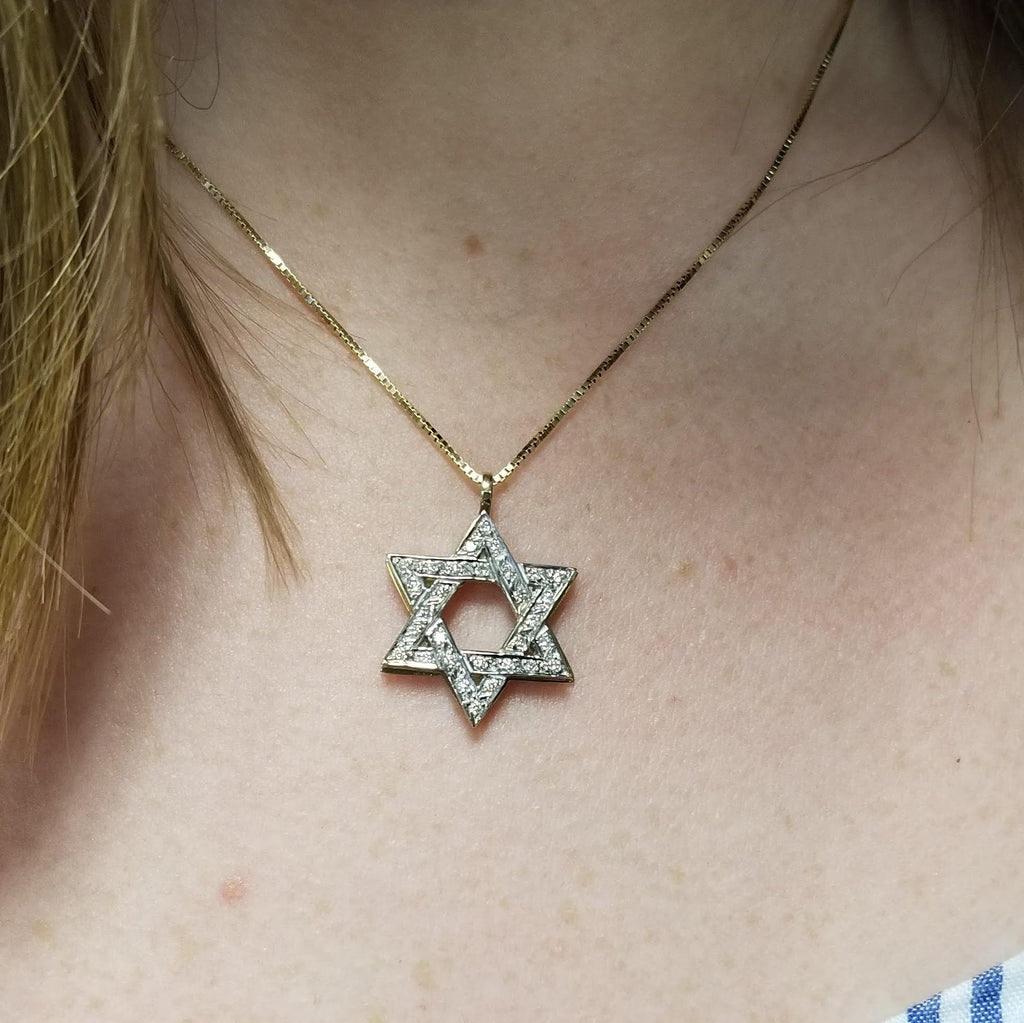
Finding Unity in Tradition: The Power of Wearing Judaica
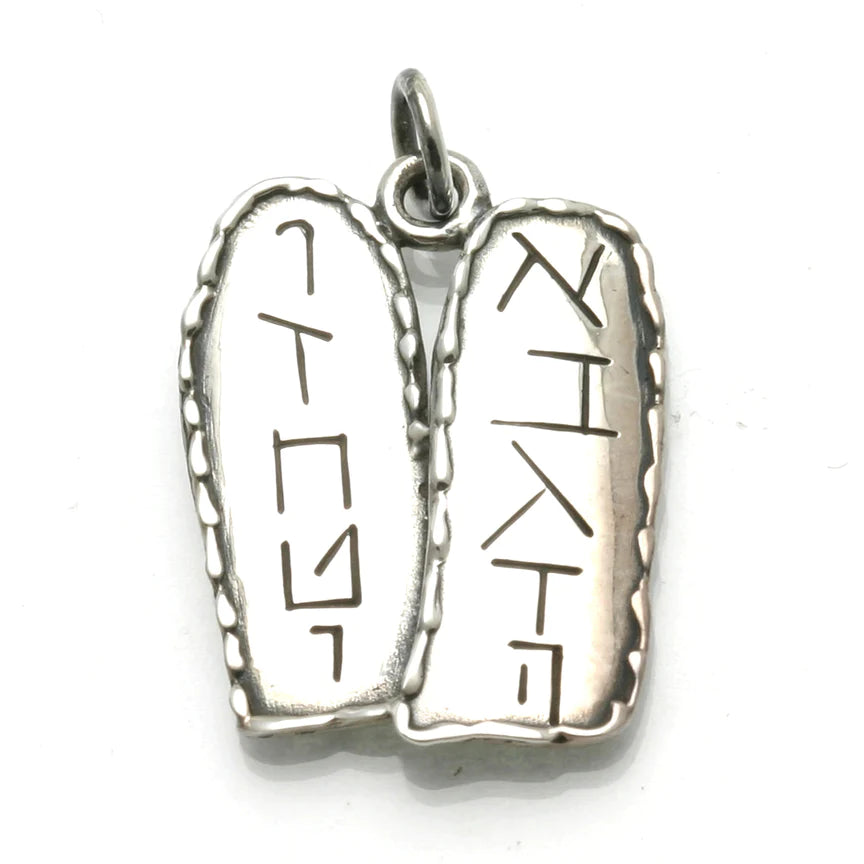
How will you receive the Torah this Shavuot?
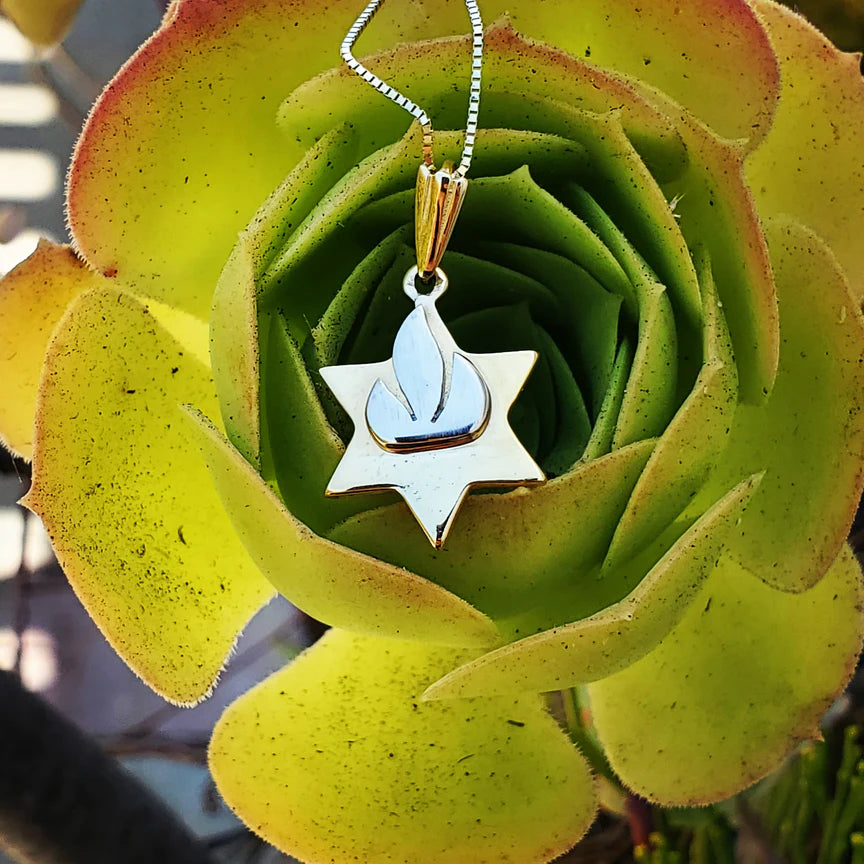
What is Lag Ba’omer?
What is Lag Ba’omer?
Starting tonight, Jews around the world celebrate Lag Ba’omer, a holiday that occurs on the 33rd day of the Omer, — the 49-day period between Passover and Shavuot. During this one-day holiday, the Jewish people cease their mourning practices adopted during the Omer period and celebrate, typically with bonfires and music.
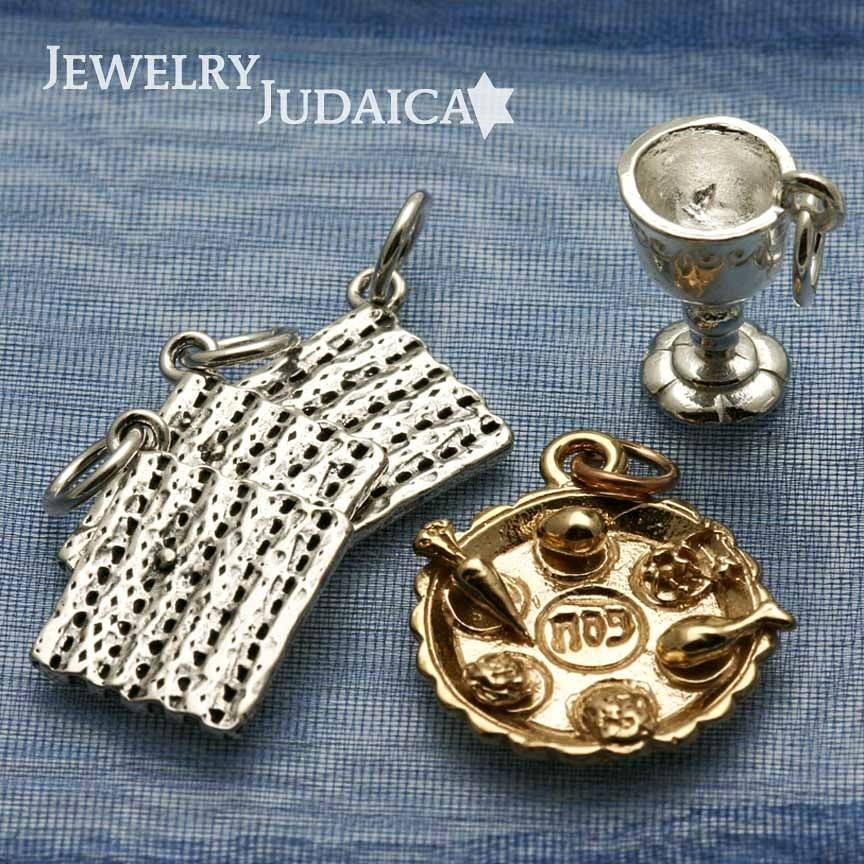
What is the deeper meaning of Passover?
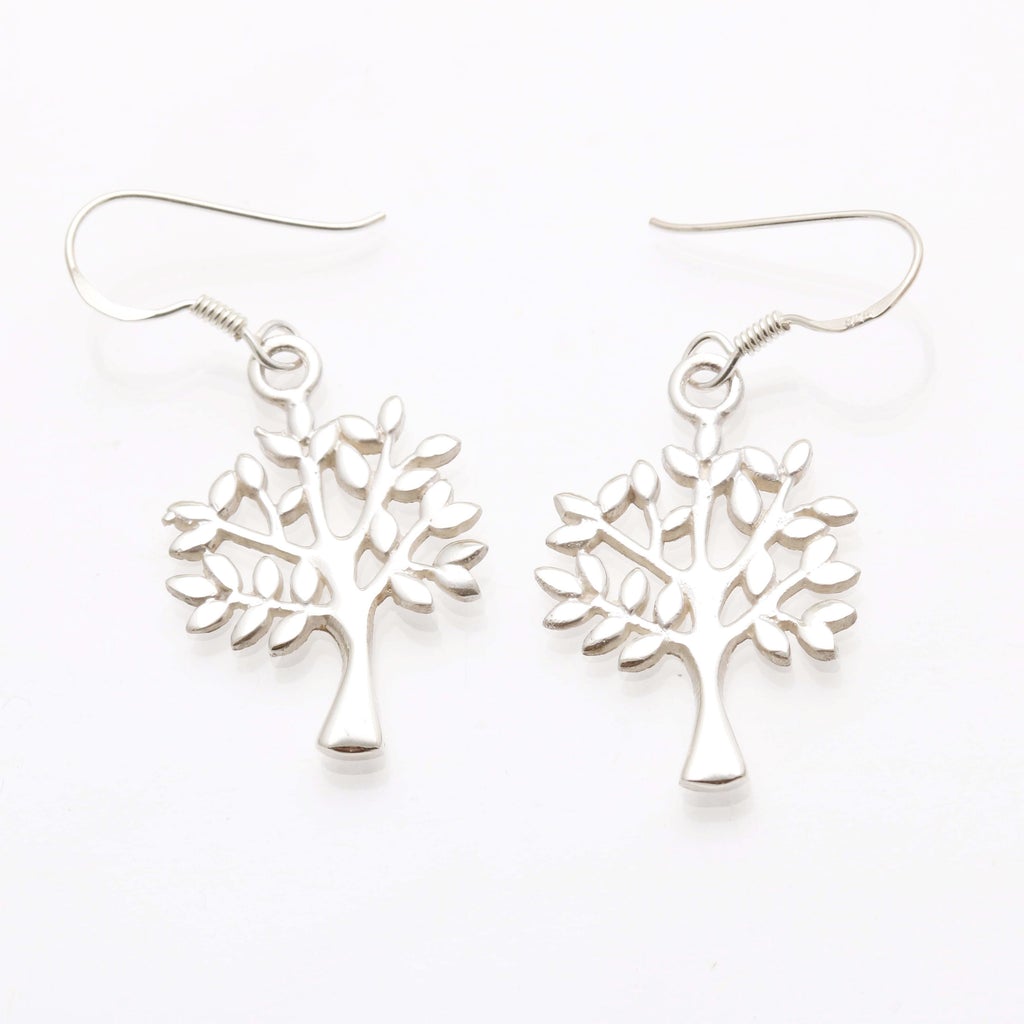
Tu B'shevat is coming!
What is Tu B'Shevat?
Tu B'shevat literally translates to the 13th day of the month of Shevat. It is known as the birthday for the trees or the new year for the trees. It dates back to the Talmud in reference to the laws of Orlah, that the fruits of a fruit bearing tree cannot be eaten for the first 3 years.
In modern days, Tu B'Shevat is an ecological celebration. Its customary to plant trees have a Tu B'Shevat seder full of wine, dried fruits and fresh fruits.
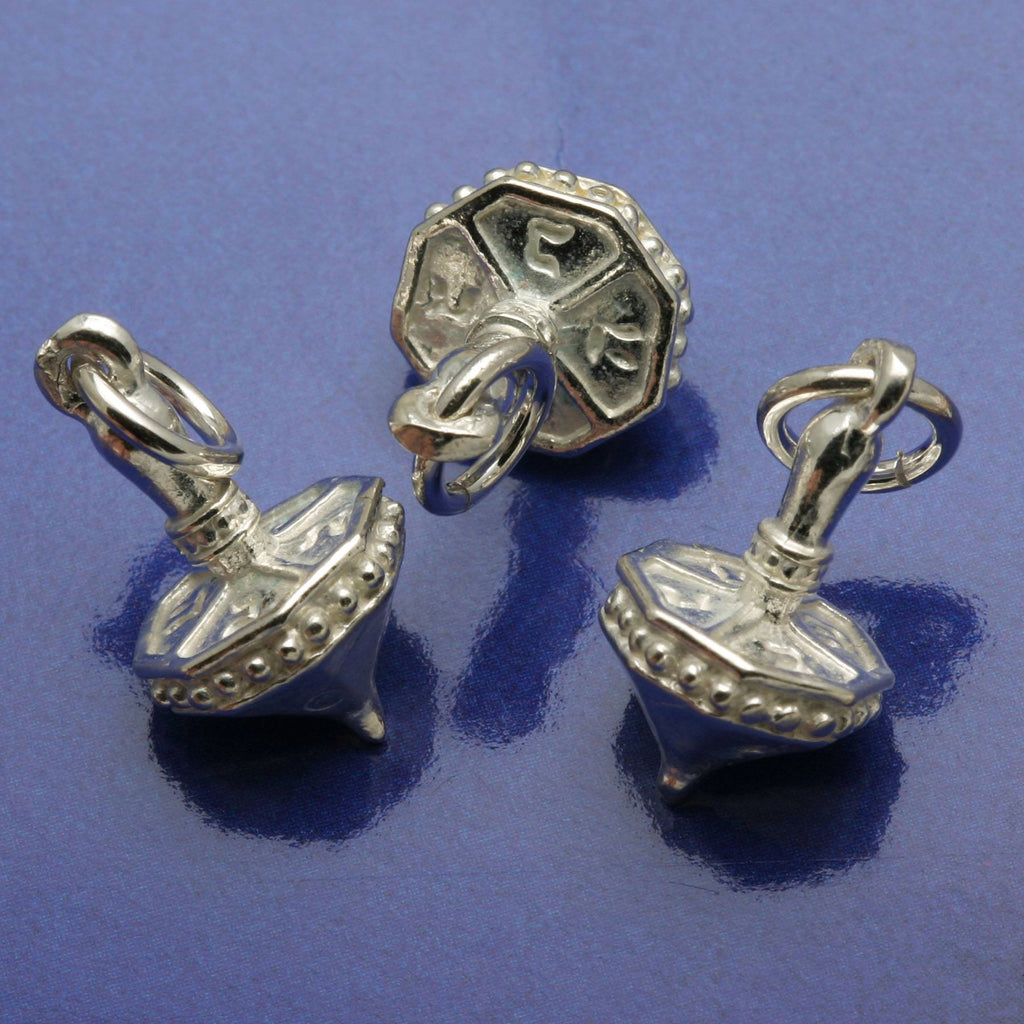
The dreidel game!
Since we post so many pictures of dreidels... here is a little background!
A dreidel is a 4 sided top, each side has a Hebrew letter on it. In Israel, the letters are an anagram for A great miracle happened here (Nun, Gimel, Hay, Pay). Outside of Israel you find the letters Nun, Gimel, Hay, Shin - for a Great miracle happened there. The word dreidel is in Yiddish. In Hebrew its called a Sevivon, which means turn around.
Here are the quick instructions for how to play dreidel!
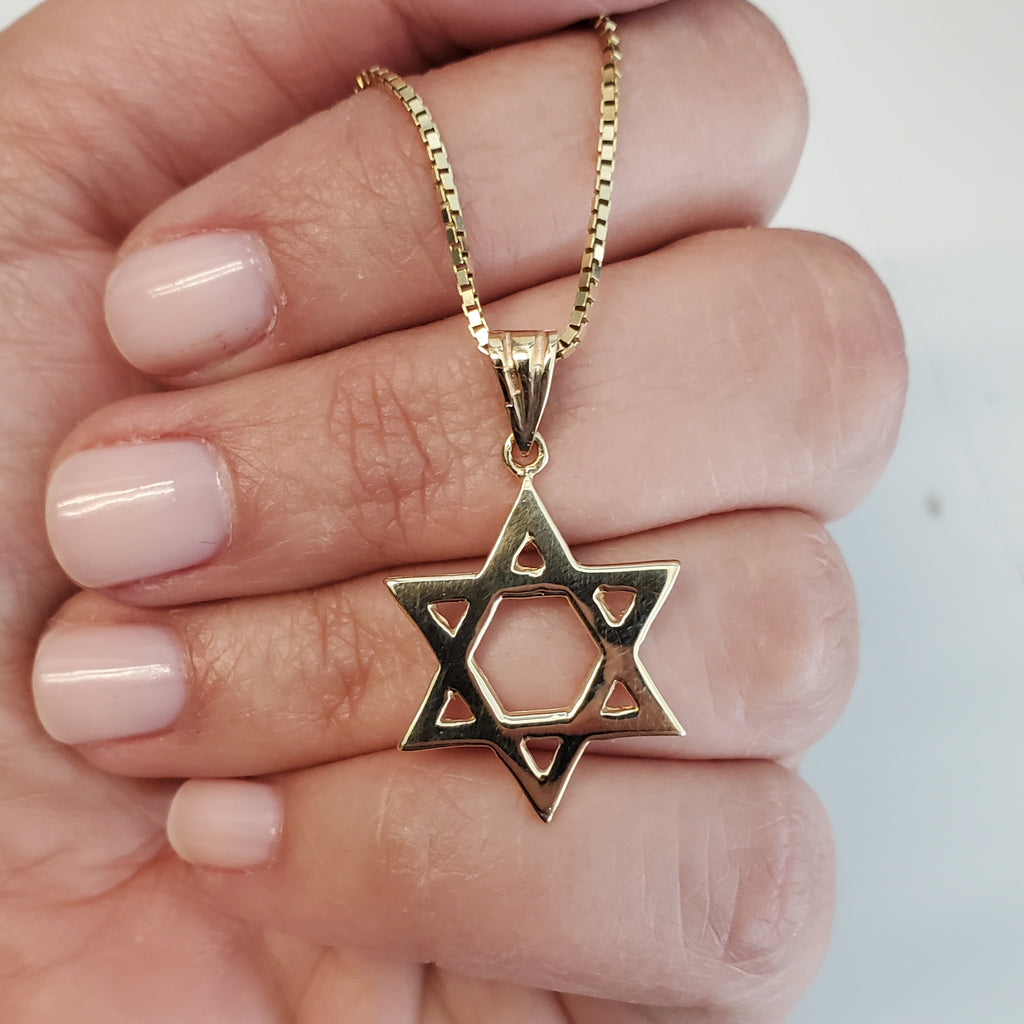
Positive Jewish Identity
2020 Hanukkah Gift Guide!
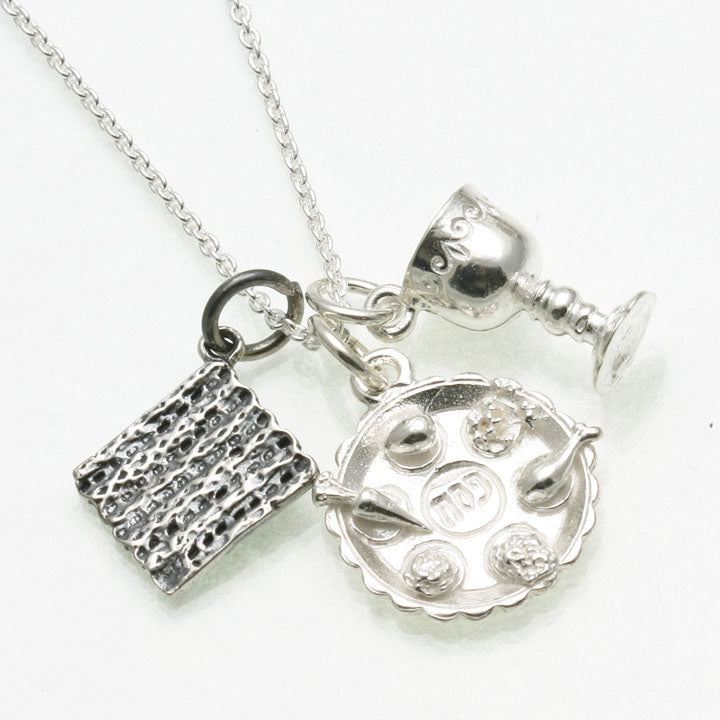
The Show Must Go On - Passover in the time of Corona
When I planned out my blog post schedule for the year a few months ago, I never could have imagined the topic for my Passover post would be the Corona Virus. In fact, only a few short weeks ago I had never heard the phrases “social distancing” or “safer at home” and now they are ubiquitous. We live in a crazy time yet it feels like we are living in biblical times and enduring one of the 10 plagues. My daughter’s preschool teacher told me that she she is confident quarantine will be over on April 19th, as initially discussed, because that marks the end of Pesach and we will be led to freedom like the Jews leaving Egypt. I really hope she is right, not just because I CANT WAIT for my 2 young children to be back to school, but because that will mean there is an end in sight to this terrible virus that is plaguing the whole world.
The big Jewish question during quarantine is what do we do for Pesach? If we have all been in quarantine for 2 weeks can we come together? Can we break our social distancing just to be with our closest family in a small group for the Seder? Do we risk our parents’ health and bring their grandkids over? Or do we let grandma make the food, each eat it at our own house while we have a zoom Seder? How to we navigate this? It’s one of the most important holidays of the year and we are instructed to invite others into our home to retell the story of the Jews being let to freedom, it seems unfathomable that a single person will be left to have a Seder at home on their own. This is so hard!
The rabbis in Israel came out with a declaration that you can have Zoom on during your Seder as long as you set it up and connect before the holiday begins (read more). Its not often that the ultra-orthodox bend the rules but in this case, it is Pikuach Nefesh, or saving a soul, which states that preservation of human life overrides virtually any religious rule. This comes after telling people not to kiss the mezuzah, stop visiting the mikvah and attending synagogue. So, I guess the rabbis are encouraging Zoom. (As a side note, who had heard of Zoom before a few weeks ago?)
One thing is sure, the show must go on and one way or another we will have a Seder. With a heavy heart I’m leaning towards a zoom Seder myself, but I’m curious what you are all doing. Please feel free to comment below, we would love to get this conversation going and maybe figure this out together.
We hope you all stay safe and healthy and wish you a Chag Pesach Sameach! Wash your hands, stay home and lets pray we can put this behind us sooner than later.
